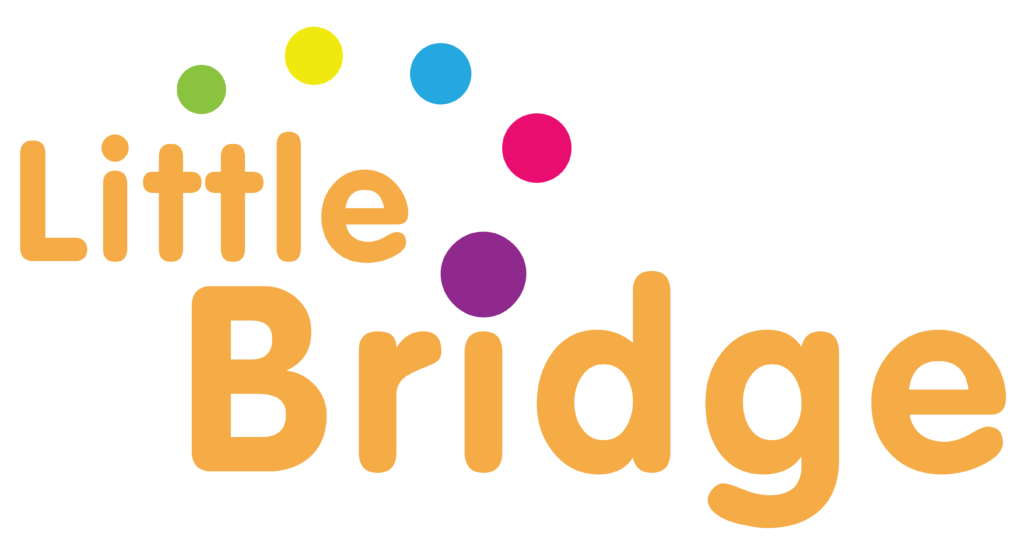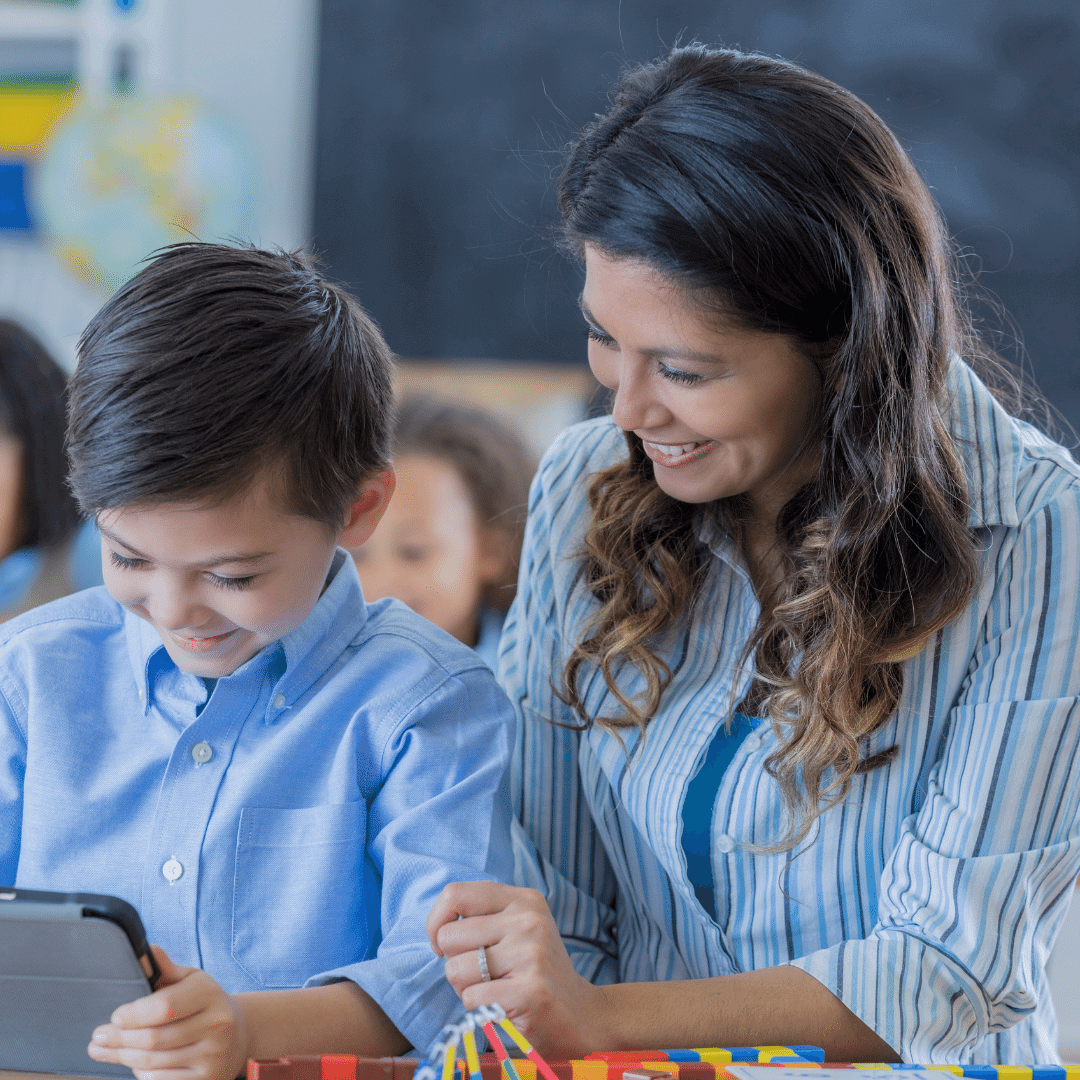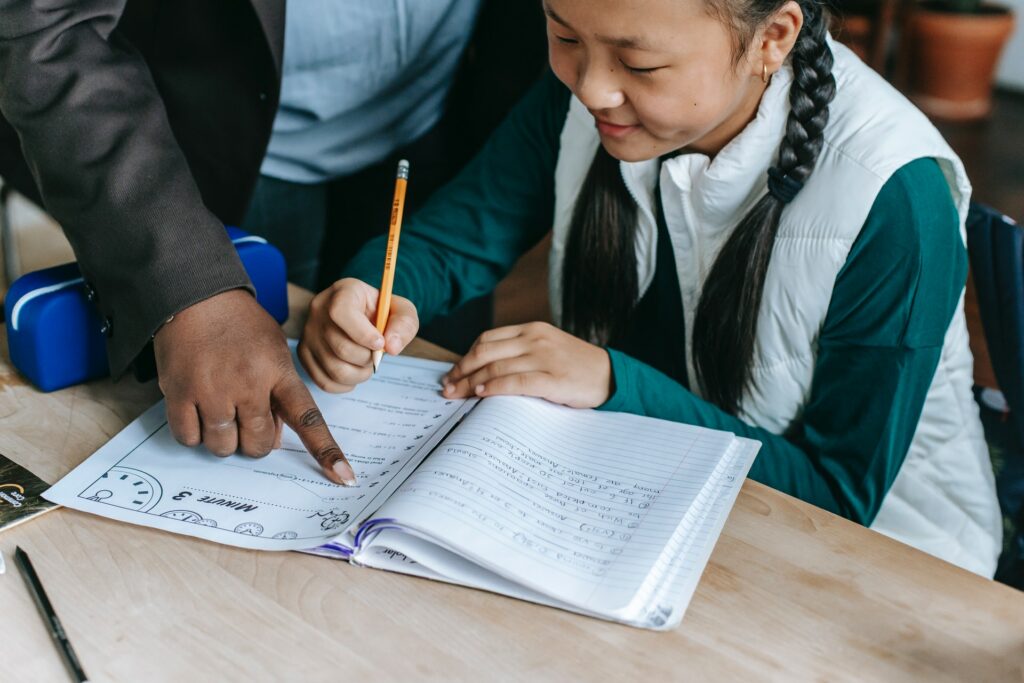Emma Rogers, CEO of Little Bridge, explains how Edtech can help teachers evaluate products they have chosen
With budgets tight and teacher’s time stretched to the limit, it stands to reason that any education resource must be trusted to deliver. This goes for edtech too, especially since it can sometimes be a major purchase to replace an old solution, or else is targeted at a very particular need or group of students, or perhaps it is an ‘extra’ or ‘supplementary’ product that nonetheless will eat up the rest of the available budget. All in all, a big decision.
Evidence – How Edtech can help teachers evaluate products
So in any of the above circumstances, the questions often asked are ‘what impact will it have?’ and ‘how will I know it’s delivering what it says on the tin’. And let’s face it, with many digital products, the ‘tin’ is often shiny and appealing. It’s really great that product makers want to capture their audience with something visually as well as functionally appealing. If the students seem to be happy spending time using it, that’s a great start. But it is definitely not enough.
Nor is qualitative ‘feedback’ alone sufficient. Hearing about products and solutions from happy colleagues and peers is definitely valuable and should form part of the choice-making mix. But edtech can and must offer more.
With the current availability of data, it’s almost unforgivable for products not to enable teachers to understand the efficacy of what they are about to use. After all, beyond the financial return, these products (and their makers) are benefiting from time-poor teachers offering their valuable insights. They also thrive on the commitment and enthusiasm of young ‘end-users’, providing them with hugely valuable ‘engagement stats’.
Getting a genuine evaluation process in place, as a norm, is a win-win for everyone. The teacher can rest easy that they’ve made a good decision, that the students they care about are being well-served, and that parents can also be well-informed and reassured. Meanwhile, the product maker gets to see what’s effective and what is less so and focus their development on continuous improvement.
So what kind of things can teachers look for in order to be better informed before making a decision? How can they rephrase the more general query – ‘ but does it work?’
Top 3 tips – How Edtech can help teachers evaluate products
Here’s where they can zoom in with specific questions, before making a purchasing decision:
1. what data (qualitative and quantitative) can an edtech product supply that supports any claim about their chosen methodology or predicted outcomes? Have they any research-based evidence?
2. can the teacher establish their students’ ‘baseline’ performance and, after a period of study, review clear evidence of what they’ve achieved by using this product and, perhaps more importantly, where they have ‘gaps’?
3. can the teacher access ‘real time’ data on every student, anytime anywhere, throughout the learning process the product provides to complement information gleaned from ‘milestone’ tests (see 2 above)?
Summary – How Edtech can help teachers evaluate products
Given that learning is not an entirely linear process and that students’ needs are varied and evolving, these three evaluation elements are a good basis for reasoned decision-making. They also build that all-important trust among teachers in the products that are increasingly shaping how students learn today.
Emma Rogers, co-founder of Little Bridge.
Enjoyed reading How Edtech can help teachers evaluate products? Visit Emma’s Medium profile to find out more about social learning.
Little Bridge’s mission is to create a safe space for young children (aged 6-12) to connect, make new friends and learn to communicate (kindly!), in English.
Take the first steps to explore this exciting social learning community, by booking a call with our expert team. Contact us here.


